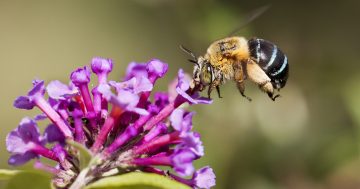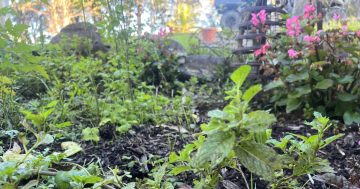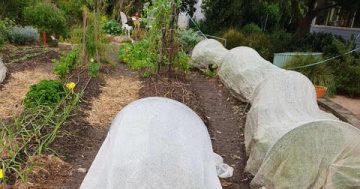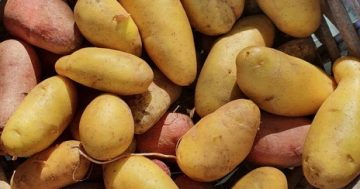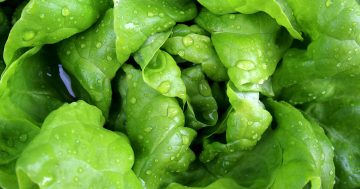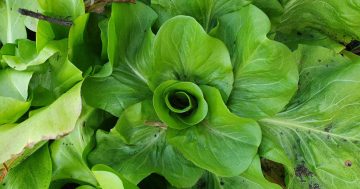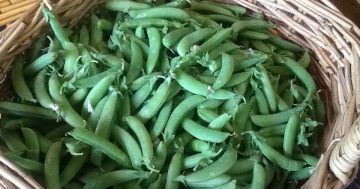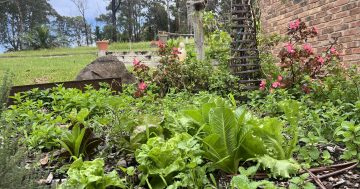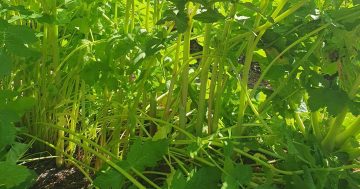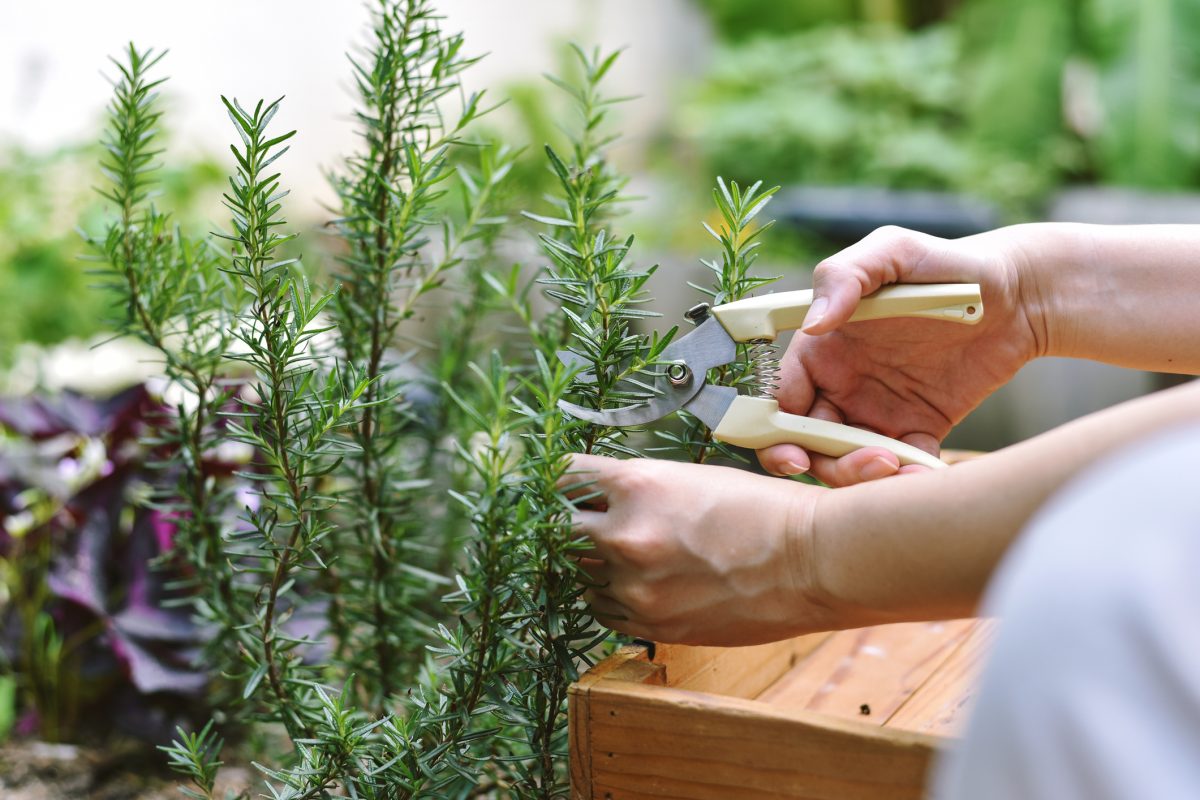
Pot plants can be the gateway to full-on backyard food production. Photo: Artfully79.
The University of Canberra’s Associate Professor Bethaney Turner is an expert in backyard food production. Her research focusses on the everyday actions people can take, in their backyard and community, that contribute to global sustainability.
Whether you’re looking to grow your own food to circumvent the supermarket duopoly, contribute to global sustainability, or have been reeled into gardening through social media (#cottagecore and #gardeningismytherapy, anyone?), Associate Professor Turner has some tips for getting started.
Step one to planning a successful garden is choose the right plants for the local climate, and plant them at the right time of year.
“In doing so, you won’t be fighting an uphill battle to keep your plants alive, and it will take less maintenance to achieve great outcomes,” the professor says.
“Canberra has a number of local community gardens, which can provide resources and advice on what you can grow, and when you can grow it.
“I recommend checking out Canberra Seed Savers. They keep seeds from local produce, which means that the plants are already acclimatised to our local region – it’s a really great initiative.”
You can also check out the Canberra Organic Growers Society’s Canberra Planting Guide.
Secondly, take a holistic approach to gardening – work on creating a diverse, vibrant ecosystem in your backyard for the best results.
“When you’ve got a healthy, well-functioning ecosystem, it can mostly take care of itself,” the professor says.
“Not only will you have good output from your food system, but you’re also having a bigger impact on planetary health.”
Enrich your soil with nutrients through compost, organic fertiliser and mulch.
Pollinator-friendly plants such as flowers, along with water sources on the ground, can encourage bees and other beneficial insects to come into your ecosystem which in turn, can help your veggies and fruits to thrive.
Provide environments that encourage natural predators, blue-tongue lizards, for example, that will eat the snails and slugs that might damage your produce.
You don’t need row upon row of perfectly spaced productive food plants. Instead, incorporate different types of plants together in the one space. Taller, hardier plants can help protect the smaller plants around them, ensuring you don’t lose everything in a freak Canberra hailstorm.
“A healthy ecosystem can look a bit messy, embrace the beauty of that messiness because it actually nurtures so many different creatures,” the professor says.
“There’s a lot of trial and error involved, particularly when you start out with gardening. Your success will come from paying attention to learn what grows well, and having the flexibility in your practice to adjust where needed.”
Not every Canberran has access to a backyard, but that doesn’t mean their ‘cottagecore’ dreams can’t thrive. The professor says a few pot plants can be the gateway to finding out more about food production.
“You can use a balcony to grow a few productive plants. Pot plants are a great starting point.”
The community garden projects around Canberra have proven benefits beyond the thrill of harvesting an extra-large zucchini or an asparagus the length of your forearm.
“There’s a lot of benefit to coming together in collective spaces to grow, it might be affordability and cost of living-related, or driven by a desire to reduce loneliness.
“It’s also really important for people from refugee and migrant backgrounds, particularly if they would like to access foods that are familiar to them, but which aren’t available in a grocery store.”
Professor Turner also stresses you don’t necessarily have to produce all your own food to make sustainable food choices.
“If you can form a relationship with who is producing your food, you can find out more about their farming practices. Are they using pesticides? Are they using things that might damage the soil? This is where local farmers’ markets are great.”
While it’s certainly not all aesthetically pleasing English-style cottages, wicker baskets filled with produce and the smell of freshly-baked sourdough, backyard and local food production can be incredibly rewarding – not just for you, but the planet too.
Original Article published by Kelly White on Riotact.




